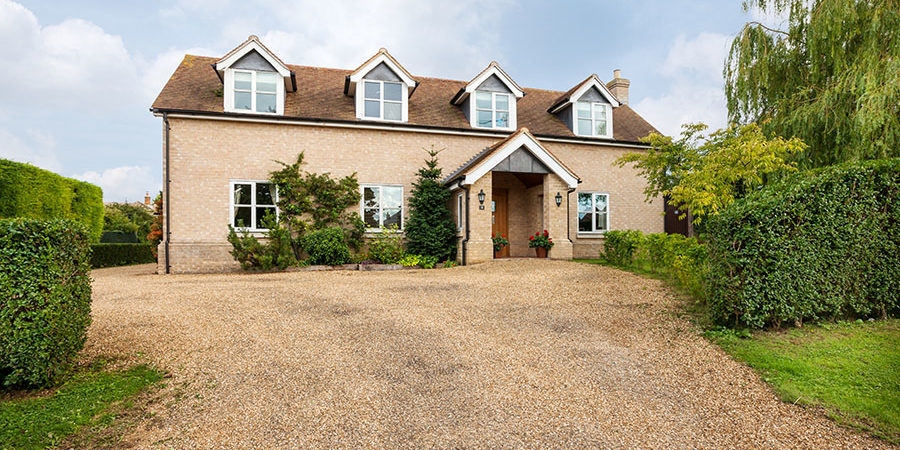Buzzwords like eco-friendly and sustainability have become popular in recent years as people search ways to reduce their carbon footprint by using environmentally safe materials—especially in home and garden design. Installing an eco-friendly driveway is an excellent option for anyone who wants a green alternative to a concrete or asphalt driveway. With this post, we’ll discover how to make eco-friendly green driveways.
What Are Eco-Friendly Green Driveways?
The term green driveways refers to eco-friendly driveway options that use biodegradable and non-toxic materials. The best materials are permeable and porous, meaning they absorb excess rainwater, provide better drainage, and protect against soil erosion.
What Makes a Driveway Sustainable?
When installing a sustainable driveway, first look for locally sourced and sustainable materials. Use permeable products that help the ground absorb excess water flow. This will also protect against flooding and soil erosion.
Organic and natural materials won’t release harmful chemicals back into the environment and protect the planet.
The Benefits of an Environmentally Friendly Driveway
- Better drainage. Green driveways let extra moisture filter back into the earth. This is especially helpful in locations prone to heavy rains and floods.
- Less erosion. If you don’t use the right materials in your driveway, soil erosion can become a major problem. Use permeable material to help prevent erosion.
- Absorbed runoff. Porous materials absorb water. This improves the water’s quality and provides a way for the ground to naturally absorb moisture.
- Affordability. Most green driveway materials are affordably priced. Homeowners may also save money in the long run when they use eco-friendly materials because they require less maintenance.
- Attractiveness. Green driveways are visually appealing design elements that can enhance a home’s look and feel.
5 Green Driveways to Consider
Permeable Paving
Permeable Paving is one of the most popular choices for green driveways. It allows water to filter through the pavers and comes in a wide variety of color and design choices.
Grass Pavers
Grass pavers are made with plastic grids you can fill with soil and grass. Just make sure you use biodegradable plastic! Grass pavers are also visually appealing when installed correctly.
Geocell
A geocell is a honeycomb-shaped cellular confinement system that keeps soil from shifting. They are made with non-toxic materials and can protect soil from erosion. Geocells are great choices for sloped surfaces.
Porous Concrete Pavement
Porous concrete pavement is both durable and eco-friendly. The concrete’s pores allow water to filter into the soil and protects against erosion and flooding.
Crushed Beach Shells
Crushed beach shells are environmentally friendly and attractive. They complement coastal design elements and are often used in beach settings.
How To Make An Eco-Friendly Driveway
- Find the right materials. Choose materials that will reduce carbon dioxide emissions and help manage water runoff.
Hempcrete bricks are made with water, lime, and hemp fibers. Hemp is natural and renewable resource, so it is a great way to reduce emissions. Hempcrete bricks also allow airflow and insulation—good qualities for an eco-friendly driveway.
Other options are permeable pavers and porous concrete because they allow water to soak back into the earth and reduce water pollution. - Consider size. When purchasing your materials, calculate how many square feet the driveway should be. Also, consider the terrain. Is it a steep slope or a low-lying area? Sloped landscapes may need a geocell and low-lying areas definitely need permeable material to prevent flooding.
- Think long-term. Consider how much maintenance your materials will need in the future. For a driveway, you should use durable products that can handle heavy loads. Stone pavers are long-lasting and versatile. They also provide a sturdy and solid surface for parking lots.
Final Thoughts on Eco-friendly Driveways
When you install a permeable driveway, find the right materials, calculate the cost, and weigh the benefits. Use eco-friendly materials instead of a traditional asphalt driveway or a concrete driveway. Reduce your carbon footprint with green driveway options.
